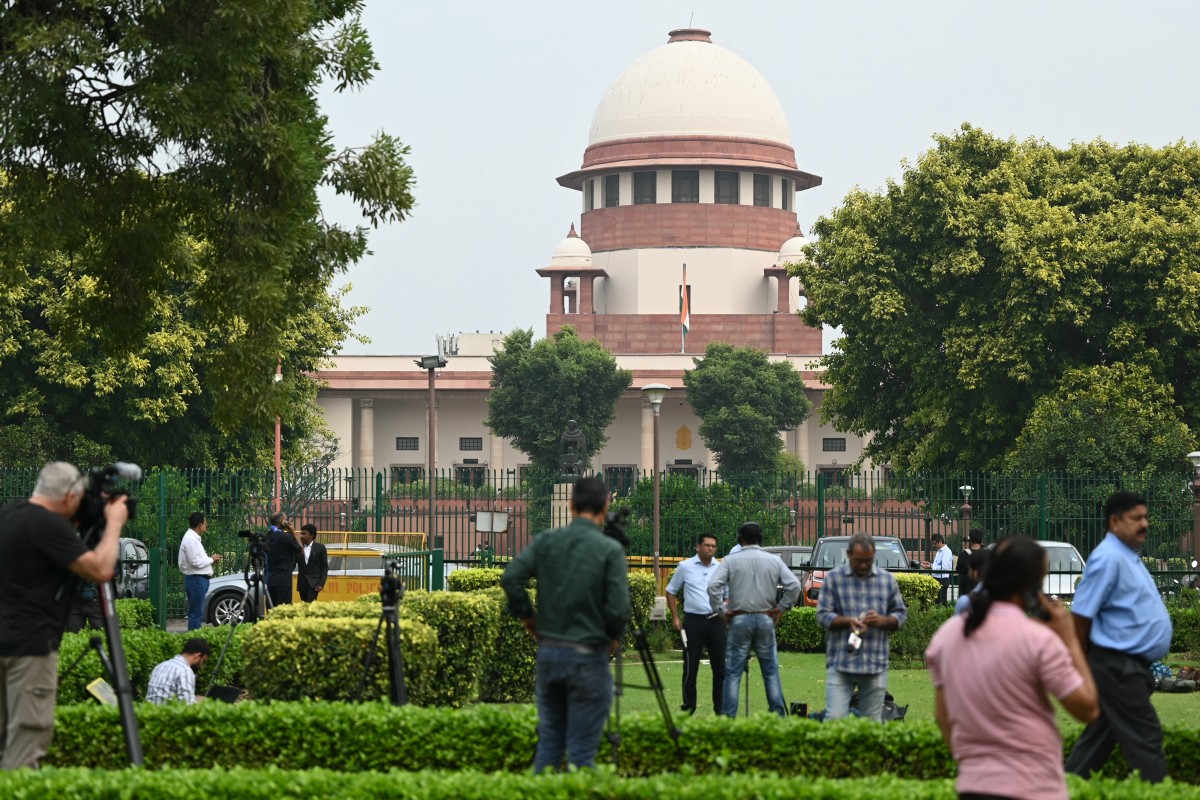New Delhi, India – India’s top court on Thursday struck down a scheme that allowed anonymous political donations in the form of electoral bonds, a critical ruling that comes ahead of national elections expected in April.
The scheme allowed donors to give anonymously through “electoral bonds” purchased from a bank.
Critics have condemned the campaign financing method as an opaque way to funnel “black money” to parties.
“The Supreme Court has struck down the Electoral Bond scheme and all the provisions that were made to bring it into effect,” Prashant Bhushan, a lawyer representing one of the petitioners, told reporters outside the Supreme Court in New Delhi.
Jagdeep Chhokar, from the Association for Democratic Reforms (ADR) transparency watchdog and lead petitioner in the court case, said the ruling would help end political “mischief”.
“My initial reaction is of big relief — and some hope,” he said, adding that the bond system “had added an extra layer of opacity”.
Since their introduction, electoral bonds have become a key method of political funding.
Electoral bonds were first sold in 2018. ADR calculates that more than half of all donations received by political parties use the scheme.
Anyone can buy an electoral bond at the government-owned State Bank of India (SBI), in denominations ranging from 1,000 rupees ($12) to 10 million rupees ($120,000).
The bonds are then delivered to the party which can exchange them for cash. The bonds which are exempt from tax, do not carry the name of the donor.
While the donors are technically anonymous, critics fear the government could access data through the state-owned SBI.
Prime Minister Narendra Modi’s party has defended electoral bonds, arguing that because the electoral bond donations are channelled through the banking system, the process is more transparent than direct cash donations.
Cash donations are still allowed, but carry no tax exemption.
Transparency rights activists however allege the electoral bond program reduces accountability in the world’s biggest democracy.
In the 2019 general elections, spending by candidates and political parties ran up to $8.7 billion, according to the New Delhi-based Centre for Media Studies.








